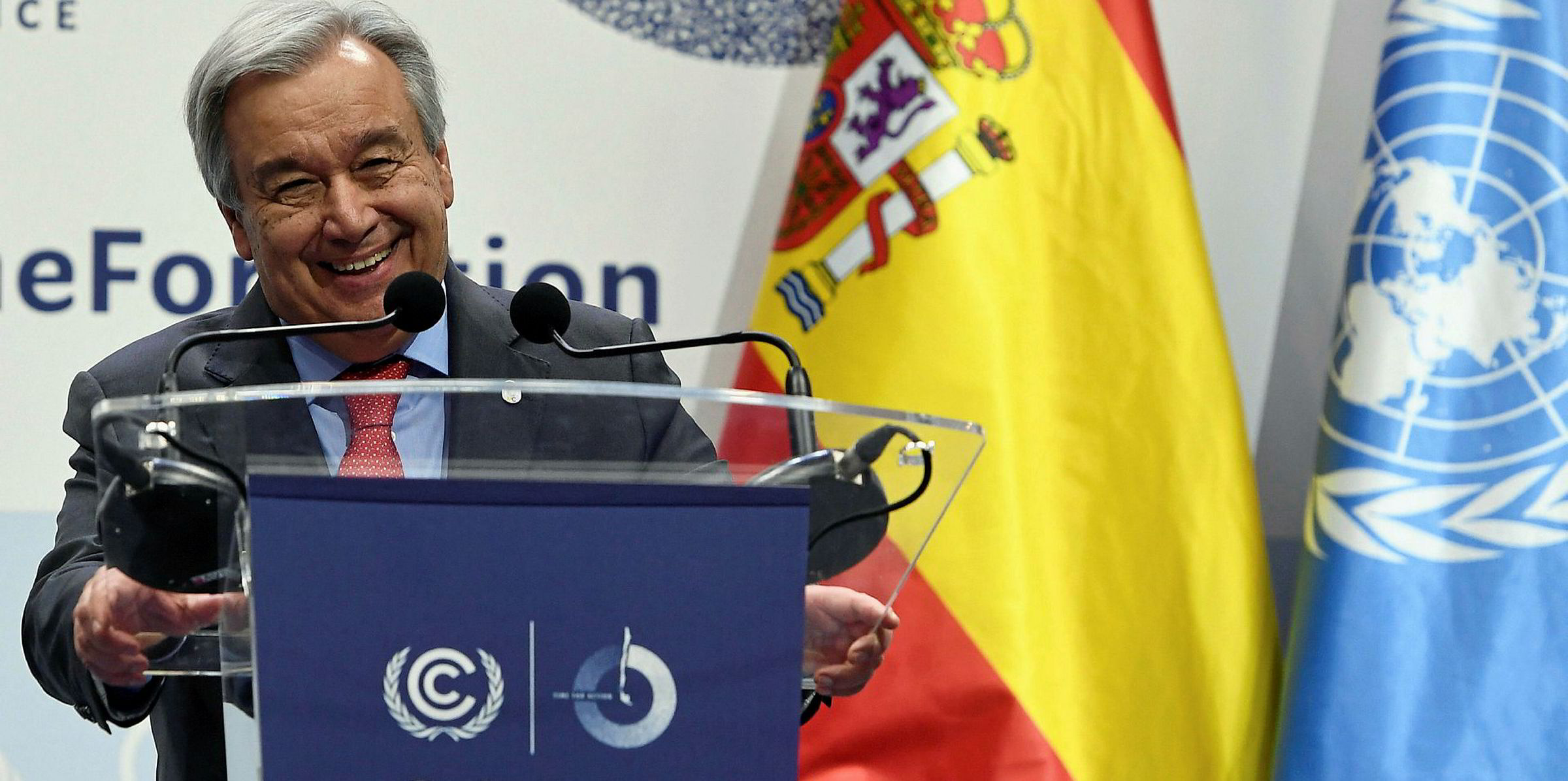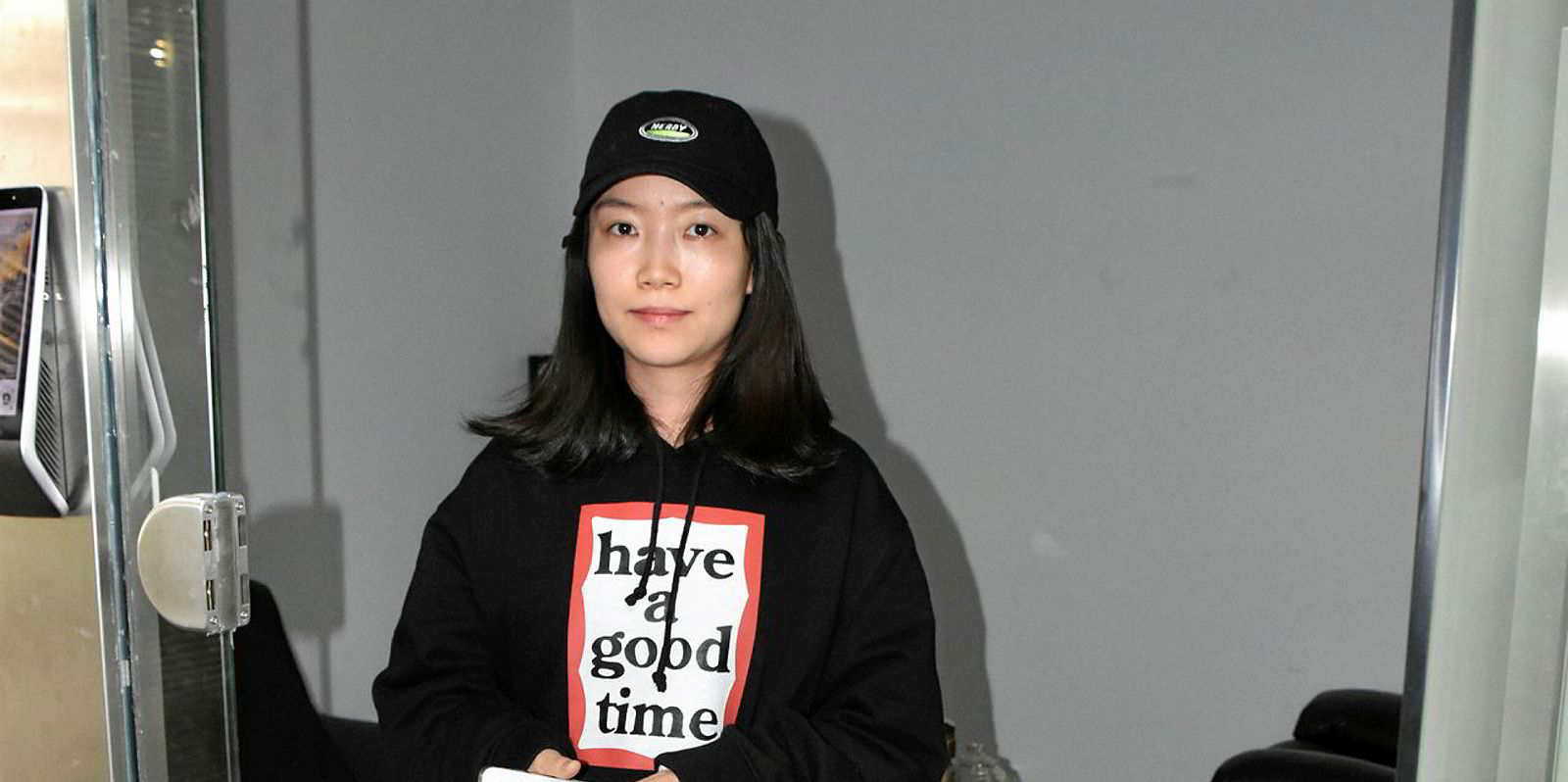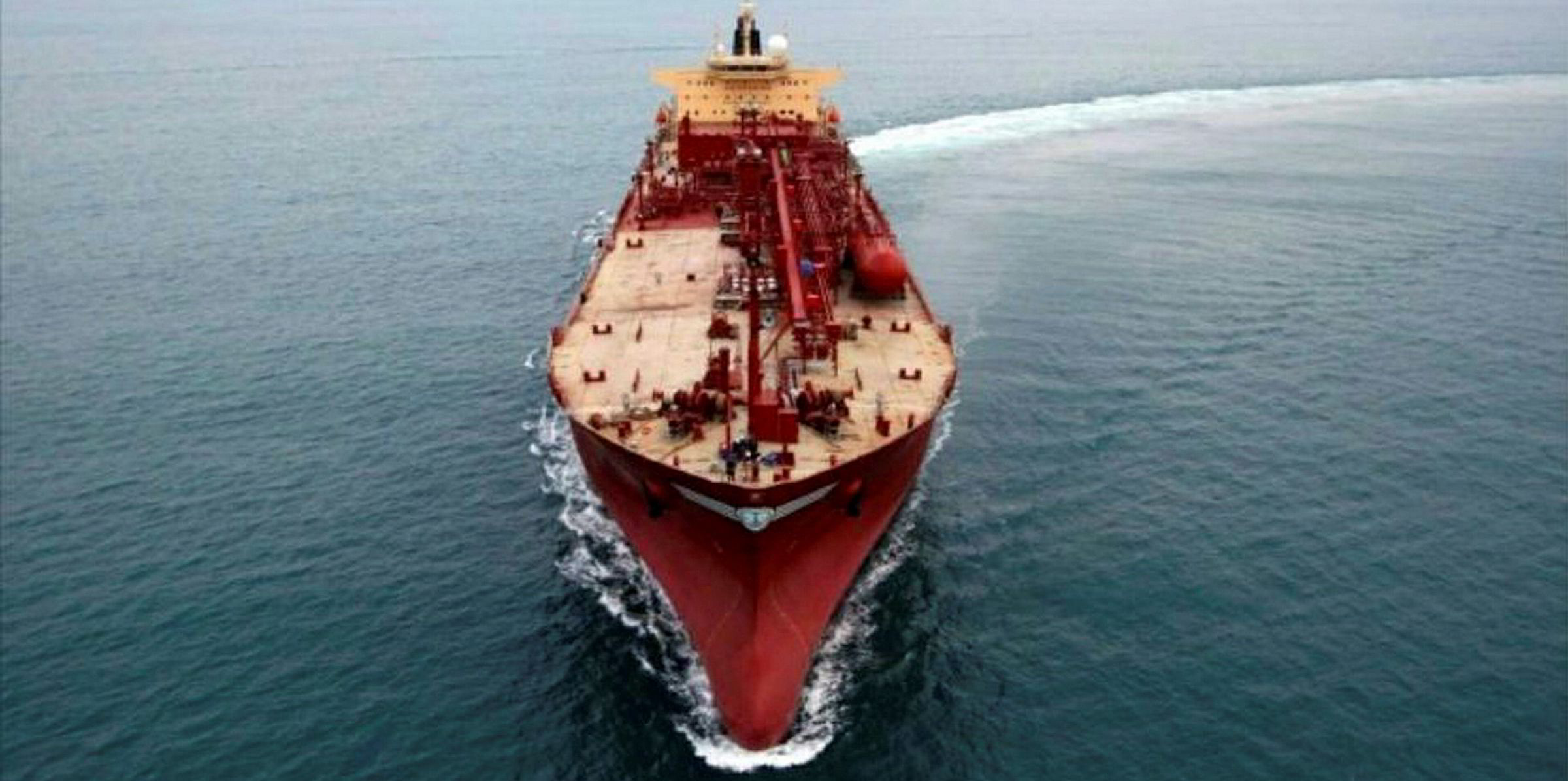The long and short-term prospects of the tanker sector will be affected by decisions taken this week at international conferences. Last Monday saw the start of the latest climate change talks at the United Nations, while a new Opec ministerial summit will begin on Thursday.
Oil transportation will fall over the next decades if the UN conference reaches an agreement to cut carbon use.
Crude movements will slump immediately if Opec tightens the production targets that Saudi Arabia has been arguing for.
Bullish phase
These decisions may come as the VLCC market goes through a bullish phase, highlighted by mid-October’s astonishing rate surge.
The Baltic Exchange Dirty Tanker Index, down at 620 points in the summer, shot up to near 2,000 pushing VLCC freight rates to 11-year highs. Things have calmed down since.
That extraordinary peak was the result of various one-off pressures arriving all at the same time — not least Chinese ships banned for alleged Iran sanctions busting.
Nevertheless, many argue the underlying prospects for the industry remain good.
Joakim Hannisdahl, the new head of research at Cleaves Securities, who has just been named by Bloomberg as the world’s best shipping analyst, said he was increasing tanker asset valuations by between 1% and 31%, depending on ship type.
With scrap prices falling across the board, Cleaves predicted the price of VLCCs would increase by 50% in the next two years.
Shipping analysts at US investment bank Jefferies described the underlying tanker supply picture as the best since 2003, adding that “multiple demand drivers including increased tonne-mile demand from IMO 2020 [low-sulphur fuel regulations] remain in place for 2020”.
But not everyone is feeling gung-ho.
Credit agency Fitch Ratings has maintained a negative outlook for the wider shipping sector due to a slowdown forecast in global economic growth.
Equally, shipowner group Bimco warned of a “staggering” amount of new VLCC tonnage being delivered from shipyards.
VLCC deliveries
At least 65 new VLCCs have been handed over in 2019 — the highest level for 46 years. This compares with just four being scrapped.
And this brings us back to those conferences.
The climate conference has the ability to knock the shine off longer-term prospects as national delegates — but not the US — try to find ways to cut the use of oil, gas and coal.
The UN's 25th Conference of the Parties (COP25) in Madrid, which will run for a fortnight, began with a warning from secretary general Antonio Guterres that “the point of no return [for runaway global warming] was no longer over the horizon".
Greta Thunberg is expected to arrive by sail boat underlining the potential 'green' advantages of at least one kind of blue ocean travel
The main subject on the agenda is to make progress on Article 6 of the 2015 Paris Agreement on climate change to set up global carbon markets.
Meanwhile, negotiators will be urged on by a host of environmentalists including Greta Thunberg. She is expected to arrive by sailboat, underlining the potential “green” advantages of at least one kind of blue ocean travel.
The more immediate concern for the tanker markets comes from the Opec ministerial event in Vienna.
The Saudis have been pushing for a further 400,000 barrels per day (bpd) to be added to the existing 1.2m bpd output restraints.
The current deal runs until March and many Opec members — plus Russia — want the status quo at least to run until the summer.
Riyadh wants to take more oil out of the market in a bid to push Brent crude prices over $60 per barrel to balance the Saudi national budget, and to win a high price for its initial public offering of shares in its national oil company, Saudi Aramco.
Historic IPO
This IPO is an important event — not just because it would potentially be the largest ever undertaken. A lot of the personal prestige of Crown Prince Mohammed bin Salman — the new power behind the Saudi throne — is riding on it.
There is still a minority of Opec members who want to remove the existing 1.2m bpd cut in output quotas. This would push prices down and potentially increase tanker demand, but it is unlikely to happen.
Any new cutbacks will face an extra 2.2m bpd of oil expected next year from non-Opec producers in the US, Norway and elsewhere.
An increasing tilt of Middle East oil exporters to serve Asia over Europe could still benefit VLCC tonnage at the expense of suezmaxes.
Critics say conferences are just talking shops, but tanker operators know it pays to keep their ears to the ground.





